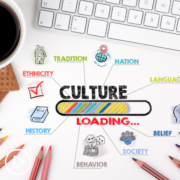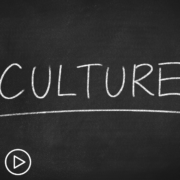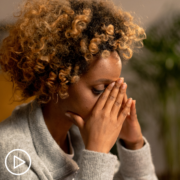How Does Stress Correlate to Our Physical Ailments?
How Does Stress Correlate to Our Physical Ailments? from Patient Empowerment Network on Vimeo.
What are the effects of stress, anxiety, and depression on physical health? Dr. Nicole Rochester and Dr. Broderick Rodell discuss how personal experiences and environmental conditions can impact patient health and a prostate cancer study that examined prostate cancer cells in Black patients.
See More From Rx for Community Wellness
Related Resources:
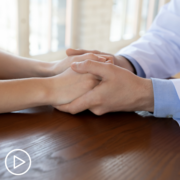
|
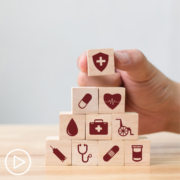
|
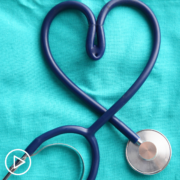
|
Transcript:
Dr. Nicole Rochester:
We know that stress and anxiety and depression and all of those things impact your physical health, and as I said earlier, I think traditionally, there’s been this ridiculous disconnection between our minds and our bodies, and we know a lot more now, in fact, there’s a study, there are many studies, but there’s a study specifically looking at prostate cancer by Dr. Burnham, a researcher. And what they found in this study is that they looked at prostate cancer cells from African American patients and white patients, and when they treated these cells with stress hormones, they saw that the Black patient’s prostate cells would begin to up-regulate the genes and the proteins that are known to make that cancer more resistant to therapy. And so it starts to look at the role of stress and stress hormones, and we know that there’s increased stress among minority communities, among… sorry, urban communities, those who are otherwise disenfranchised, so from your perspective, can you just share a little bit about the connection between stress and physical illness and maybe how you approach that in the work that you do?
Dr. Broderick Rodell:
So, these various patterns we don’t operate, we have a framework that we all operate from, and it’s beneath the surface of our conscious awareness. And so our subconscious mind operating system is there, but that operating system comes from our conditioning, we’re conditioned by our families, by our local communities, our societies. And so, the various structures that are in place are facilitating our conditioning and from our conditioning we…that our conditioning creates our perspective, the framework that we operate from, that’s determine…that’s going to determine how we relate to our experiences. And how we relate to our experiences can be gracefully, or it can be stressfully, just to put it in those two different terms, and so that stress that is created based on how we’re relating to our experiences has a historical perspective, and so we have to address those issues. We can address our familial issues that has a historical relationship and say that maybe the relationship that my mother and father or grandparents had towards their own health is not necessarily to be the most optimal way to do that. And they may have had those ways of relating to their experience, based on their conditioning, based on the suffering that they’ve experienced, environmental conditions that were conducive for that mental framework that they’re operating from, and so we have to work towards transforming that, and again, the place where we have the most power in ourselves, “How can I change myself?”
I have to advocate for myself, and so how do we increase that by increasing our education and learning about ourselves and learning about our mental models that we’re using to relate to our experiences and transforming those mental models to reduce unnecessary stress and tension? Because when we’re under unnecessary stress, we have our epinephrine cortisol, these hormones that are increasing in our body, that’s going to suppress our immune system. It’s going to cause damage in our blood vessels, organs are not going to function optimally, and I think that we’re going to keep finding out more and more about this. I was interested, as you hear that about the prostate, prostate cells in African Americans, why would that be the case? You’ve got generations of hyper-vigilance for historical reasons, cultural reasons, or social reasons. Then, of course, that’s going to get passed on from generation to generation, a sense of hyper-vigilance, a sense excessive amount of stress hormones was floating around in the bloodstream, and it’s going to have a significant influence on how the body is capable of dealing with various illnesses – be it cancer, be it cardiovascular disease, or any other disease that’s associated with, or probably all disease that’s associated with stress these days.
In particular, with cancer it’s very interesting, that relationship and why are these cells dividing and rapidly producing in the way that they’re doing, and how is that related to stress? I don’t think it’s…no, simple relationship there. You can’t just say, “Stress causes cancer.” I’m not saying that at all. But there is a correlation, there is a relationship, and if the thing that we can tackle, we can’t change our genes, but what we can do is change our relationship to our experience. Transform that to reduce the amount of stress or suffering and maximize well-being, and that’s the kind of work that I try to focus my attention on and what comes out of that is, “Okay, I need to work on how I relate to my experience,’ but also “How do I create favorable conditions in my internal system, in my body through the food, in through the exercise that I do, through the literature and I expose myself to, etcetera?”

